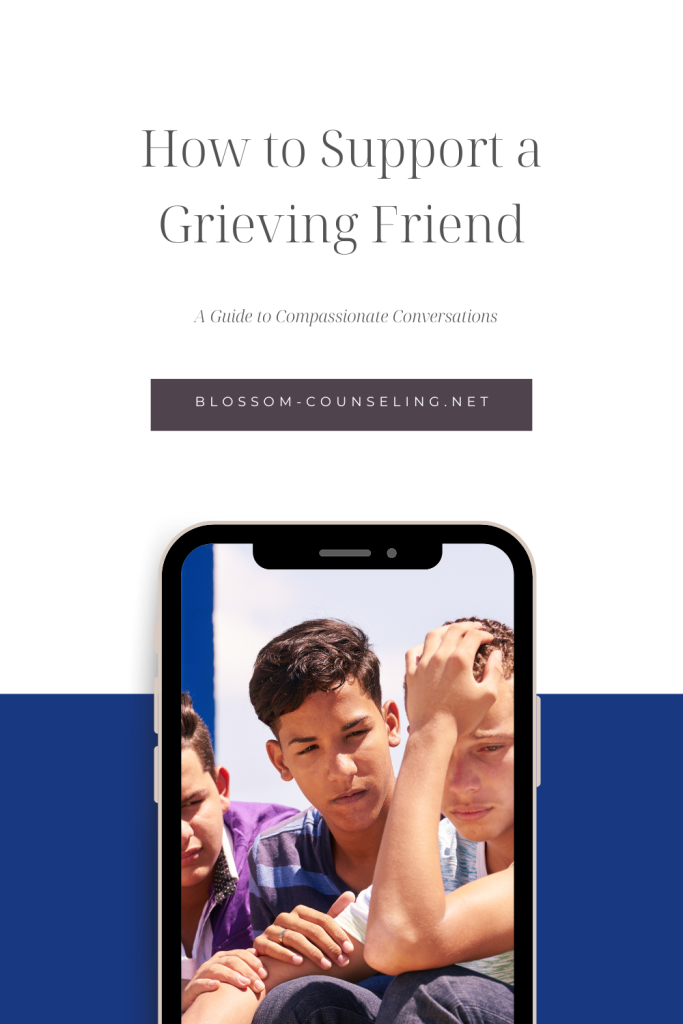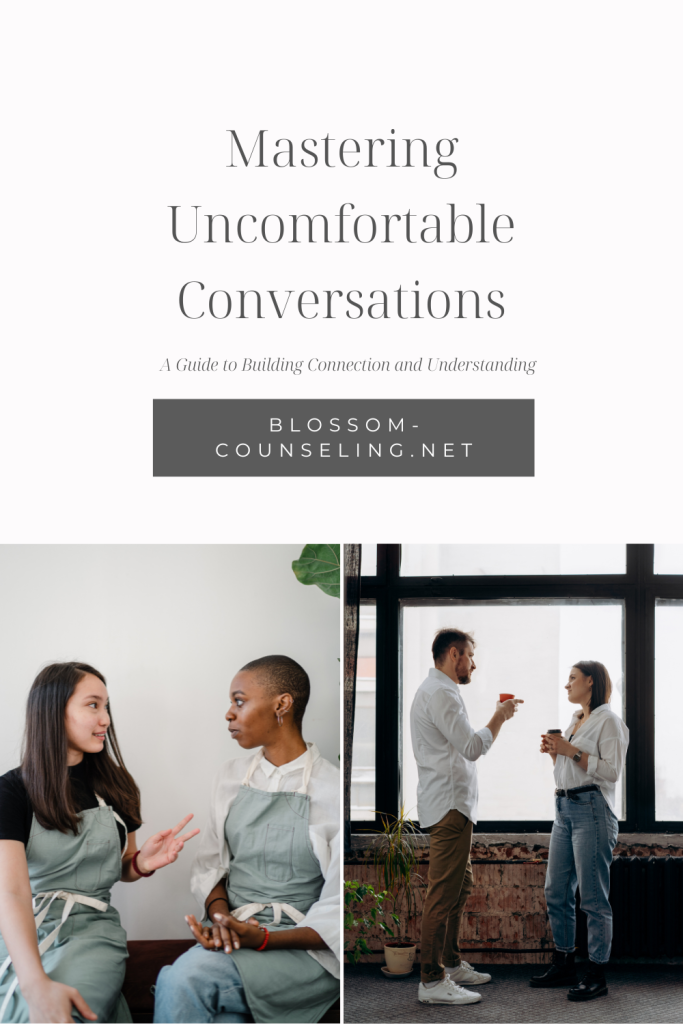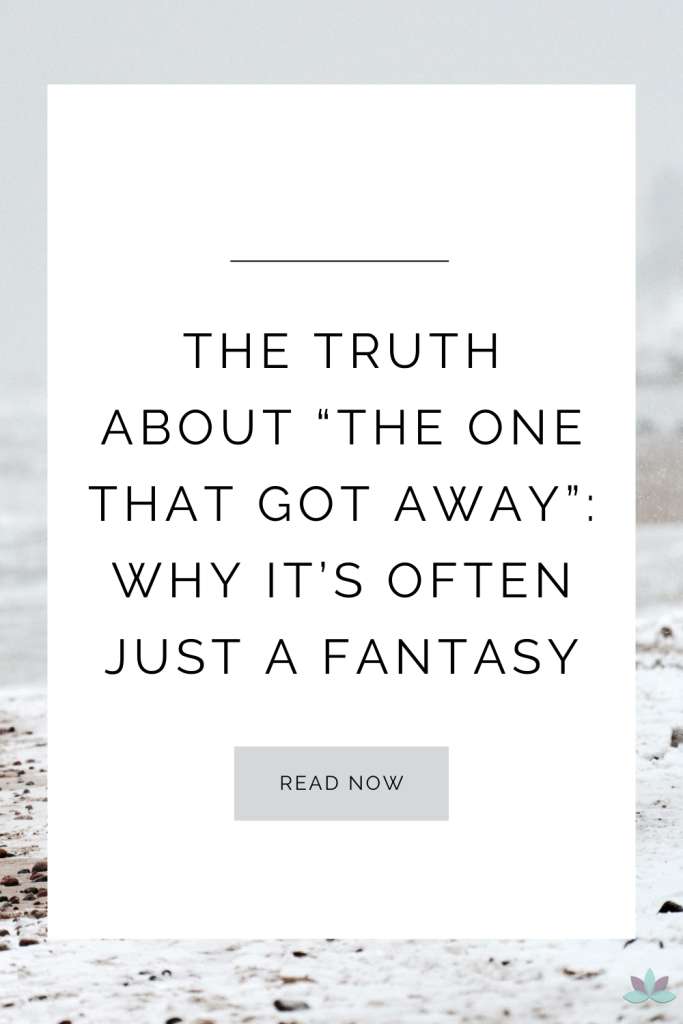
In the vast ocean of relationships, jealousy often lurks beneath the surface like a hidden current, capable of shifting the dynamics between friends in subtle and sometimes surprising ways. It’s a complex emotion, woven from threads of insecurity, desire, and competition. Understanding the signs of a jealous friend can help navigate these murky waters, ensuring your friendships remain anchored in trust and mutual respect.
The Unwanted Guest at the Party: Comparison
Jealousy, that unwanted guest who crashes the party, often arrives hand-in-hand with its close companion: comparison. When a friend constantly measures their life against yours, their compliments might carry a hint of envy. “You’re so lucky to have such an amazing job,” might not just be an admiration of your career success but a veiled expression of their own dissatisfaction or desire.
The Shadow in the Sunshine: Diminishing Your Success
Another sign is when your achievements are met with downplay or dismissal. Imagine sharing exciting news, like a promotion, only to be met with a lukewarm, “That’s great, but don’t you think the job is going to be too demanding?” This subtle undercutting can be a way of casting a shadow on your sunshine, an attempt to minimize your achievements so they don’t have to confront their feelings of inadequacy.
The Chameleon Effect: Mimicry and Competition
Mimicry can be the sincerest form of flattery, or in the case of jealousy, a sign of competition. A jealous friend might start to echo your appearance, hobbies, or even your speech patterns. This imitation game isn’t about identity theft; it’s about rivalry. They might not even be aware they’re doing it, but by mimicking you, they’re attempting to level the playing field.
The Twisting Paths of Communication: Passive-Aggressiveness and Avoidance
Jealousy often tiptoes around direct confrontation, preferring the winding paths of passive-aggressive comments or sudden avoidance. If your friend makes offhand remarks that feel like backhanded compliments or suddenly seems too busy to spend time together, it might be their jealousy finding a backdoor way to express itself.
The Sinking Ship: Sabotage
In extreme cases, jealousy might lead a friend to sabotage your efforts or speak negatively about you to others. It’s a painful realization, akin to finding water flooding the deck of your friendship. This behavior is a glaring red flag, signaling deep-seated issues that extend beyond typical envy.
Steering Through Stormy Waters: Addressing Jealousy
Recognizing these signs is the first step in navigating through the choppy waters of jealousy. Addressing the issue with compassion and understanding can often repair and strengthen the friendship. Open, honest communication allows you to express your feelings and concerns without placing blame. It’s about creating a safe space for both of you to share your insecurities and aspirations.
Friendships, like all relationships, require maintenance and care. Identifying and addressing jealousy not only prevents it from undermining the foundation of your friendship but also promotes a healthier, more supportive dynamic. It’s about ensuring that both friends feel valued and understood, sailing together towards a horizon of mutual respect and appreciation.
Remember, it’s perfectly normal for friends to experience moments of envy. However, recognizing when those feelings tip into jealousy and addressing them openly can transform potential challenges into opportunities for growth. In doing so, we cultivate friendships that are not only enduring but also deeply enriching.
|
|
Our team of compassionate therapists is here to help you find the support you need. We believe in a holistic approach, treating your mind, body, and spirit. With a blend of traditional and alternative therapies, we tailor your experience to meet your unique needs. At Blossom, we create a non-judgmental space where you can be your authentic self. Our goal is to empower you, amplify your strengths, and help you create lasting change. Together, we’ll navigate life’s challenges and help you bloom, grow, blossom! You deserve to become the best version of you.




